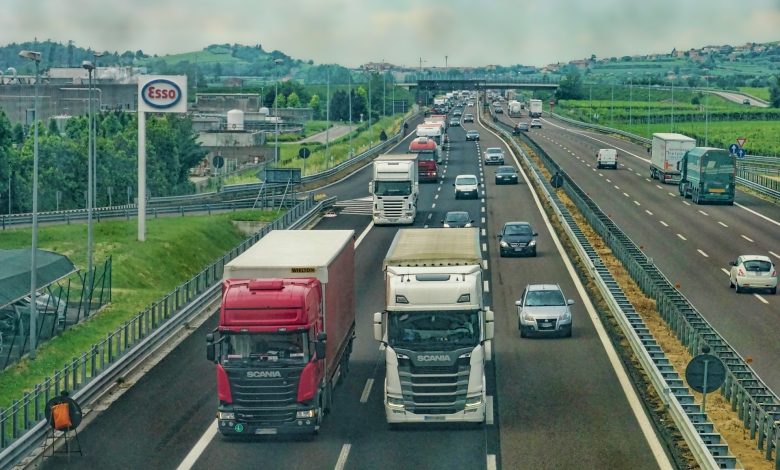Future of Trucking: Technology & Trucking Management System

The trucking industry is one of the world’s largest and most important industries, responsible for transporting goods and products to businesses and consumers. The industry has evolved over the years, but with the advent of new technologies, the future of trucking is set to change dramatically. In particular, the use of trucking management systems has the potential to revolutionize the industry’s operation and improve the supply chain’s overall efficiency.
Table of Contents
1. Real-Time Tracking and Reporting
One of the key features of a trucking management system is real-time tracking and reporting. This allows fleet managers to monitor their vehicles in real-time and access information such as their trucks’ location, speed, and fuel consumption. This information can be used to make informed decisions about the fleet, such as adjusting routes or rescheduling deliveries and improving overall efficiency. Real-time tracking and reporting can also provide fleet managers with valuable data that can be used to optimize their operations and reduce costs.
2. Improved Communication and Collaboration
Another important benefit of trucking management systems is improved communication and collaboration between different departments within a transportation and logistics company. With real-time tracking and reporting, fleet managers, dispatchers, and drivers can access and share important information and work together to resolve any issues that may arise during the delivery process. Improved communication and collaboration can reduce costs, increase efficiency, and ensure that deliveries are made on time and to the highest standard.
3. Enhanced Customer Satisfaction
Trucking management systems can also improve customer satisfaction by providing up-to-date information about their deliveries. This includes delivery status, estimated delivery times, and any potential delays or issues. With real-time tracking and reporting, transportation and logistics companies can provide their customers with the information they need to make informed decisions about their deliveries and enhance their reputation. Improved customer satisfaction can also lead to increased business and revenue for the company.
4. Better Fleet Management
Trucking management systems can also help fleet managers to manage their fleets more effectively. This includes scheduling maintenance, monitoring fuel consumption, and optimizing routes. With the ability to access real-time information about their vehicles, fleet managers can make more informed decisions about how to manage their fleets and improve the overall efficiency of their operations.
5. Increased Safety
Finally, trucking management systems can improve the overall safety of the transportation and logistics industry. With real-time tracking and reporting, fleet managers can monitor the behavior of their drivers and vehicles and take action to prevent accidents and incidents from occurring. This can help to reduce the number of accidents on the road and ensure that deliveries are made safely and efficiently.
Conclusion
In conclusion, trucking management systems have the potential to revolutionize the trucking industry and provide transportation and logistics companies with the tools and capabilities they need to improve efficiency and increase profitability. With real-time tracking and reporting, improved communication and collaboration, enhanced customer satisfaction, better fleet management, and increased safety, trucking management systems are set to play a key role in the future of trucking.




